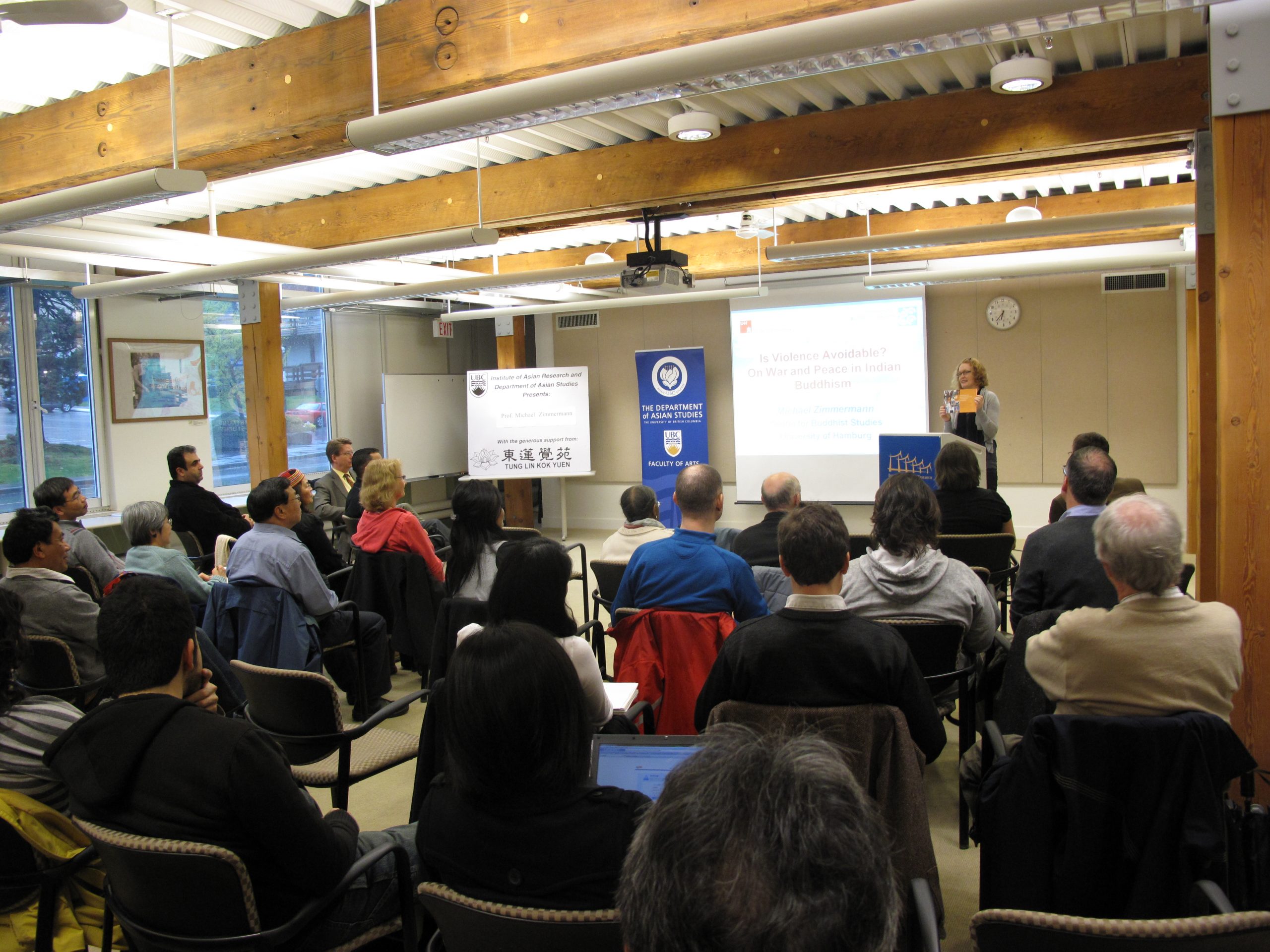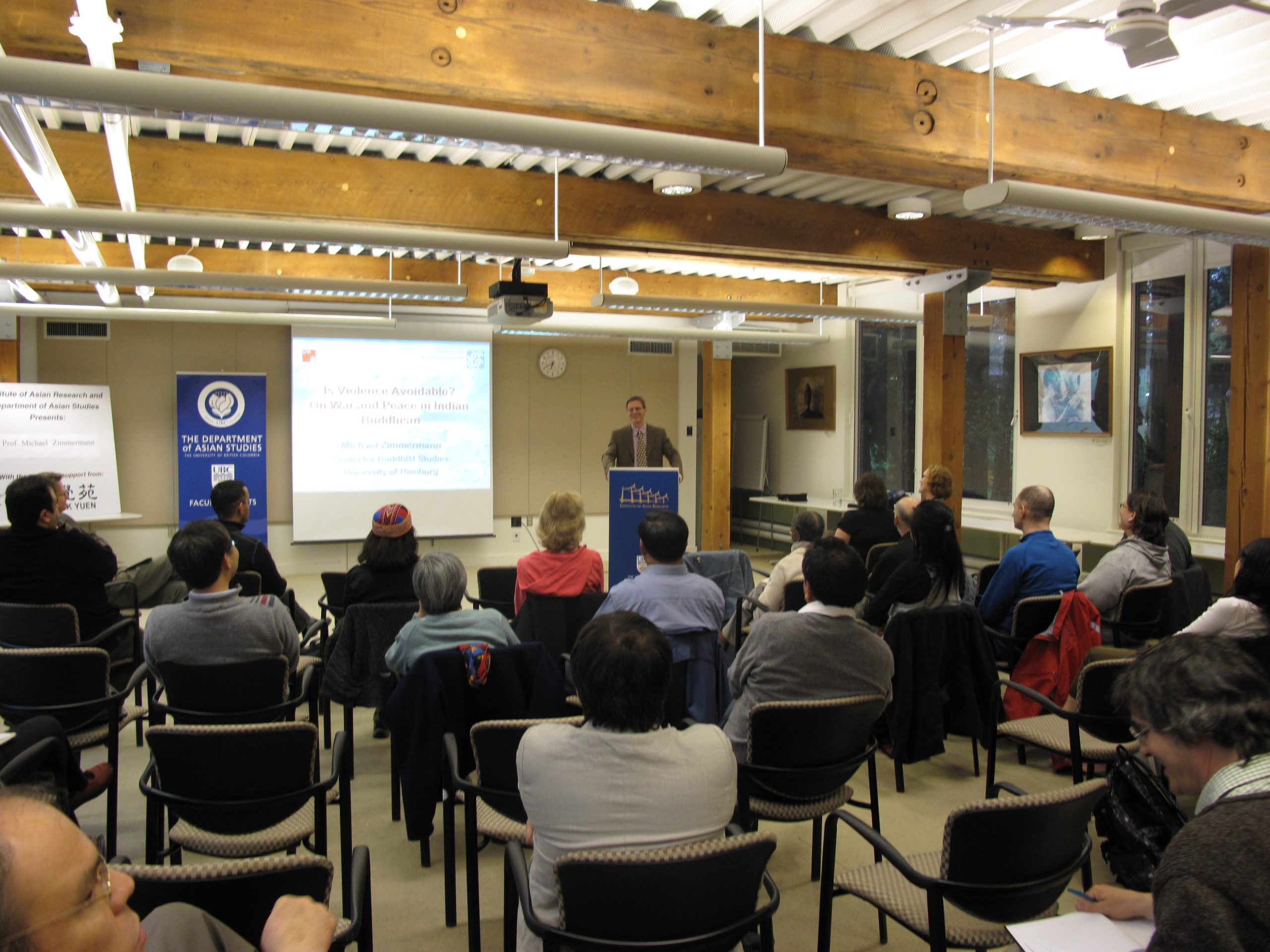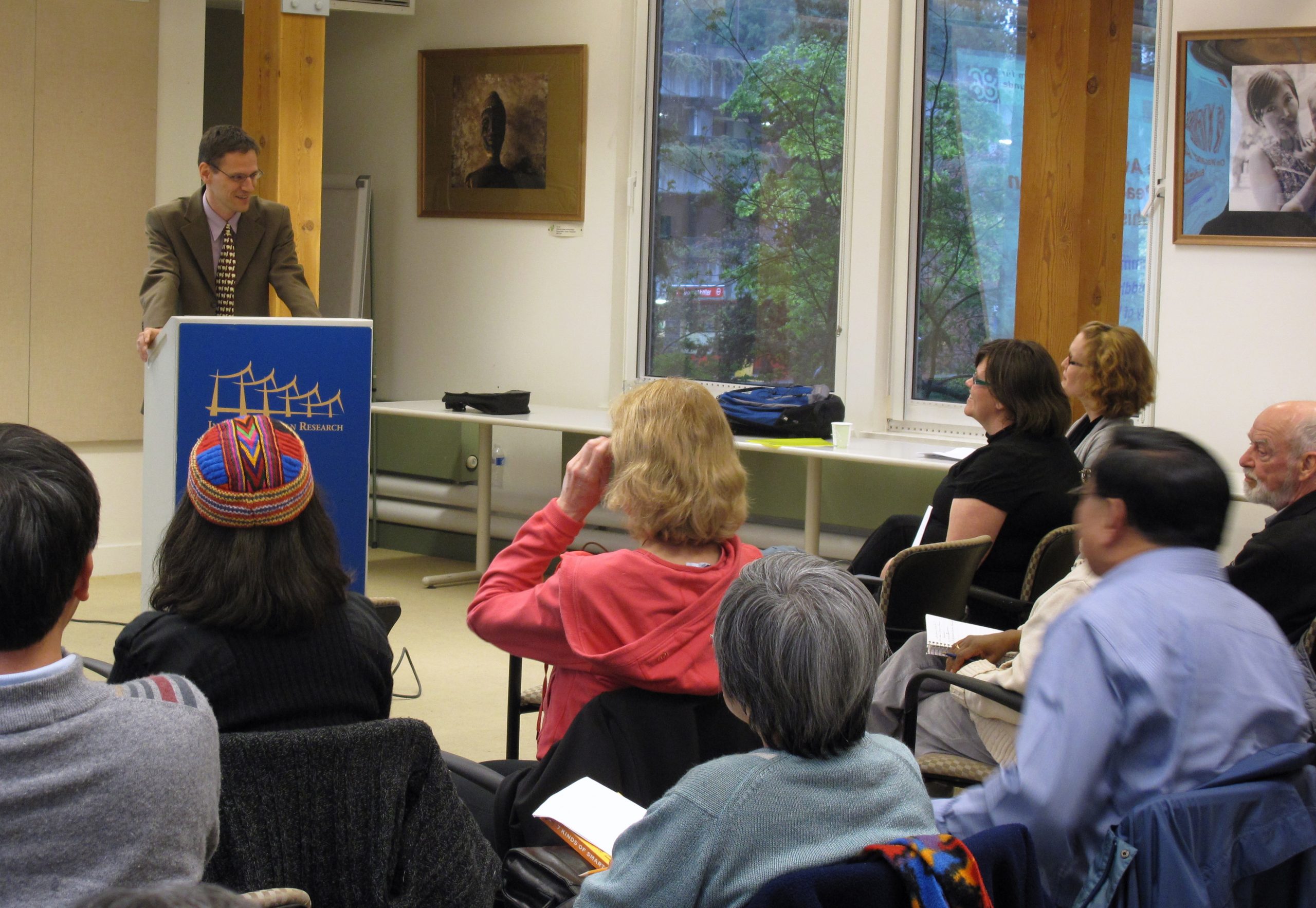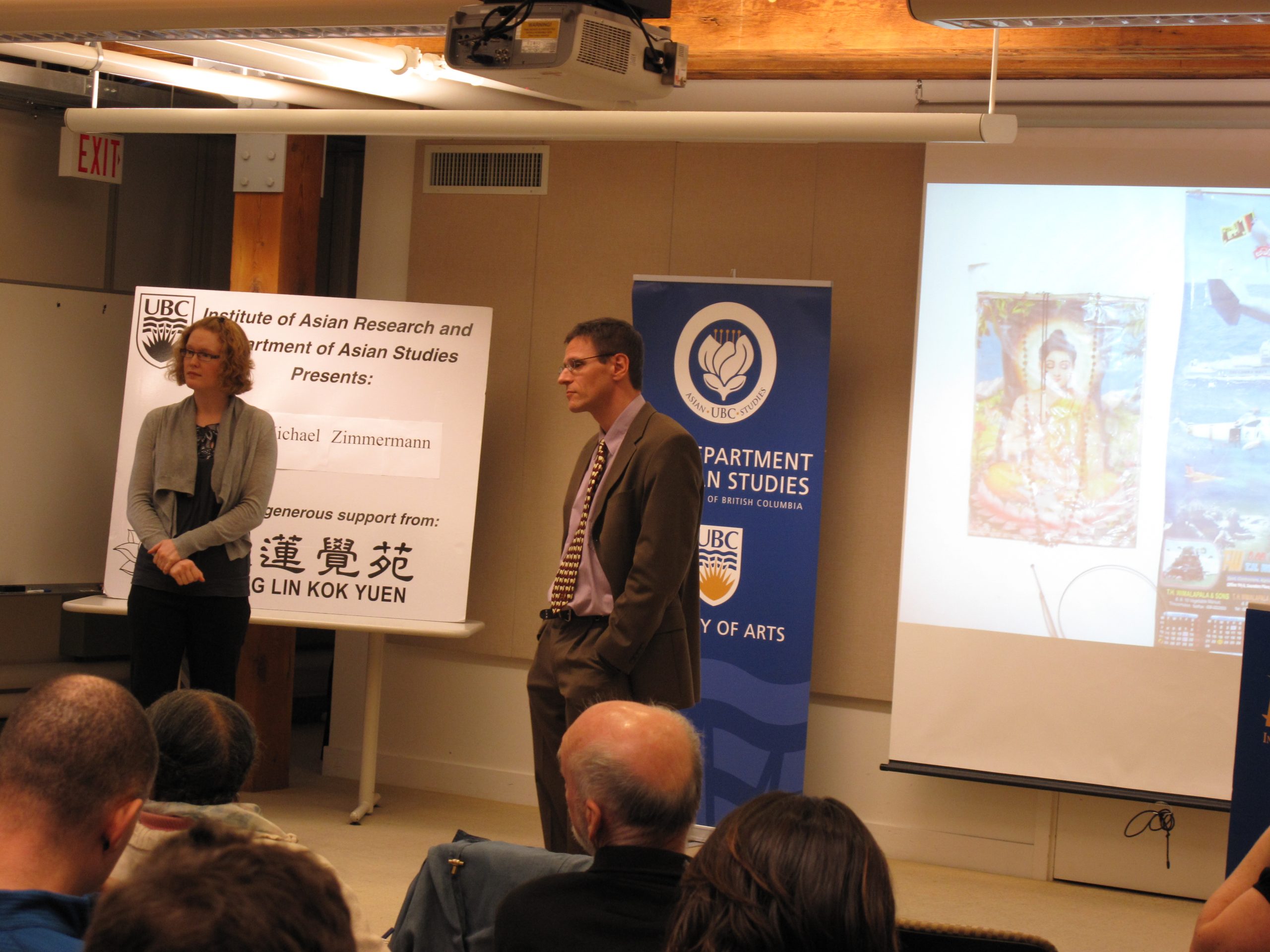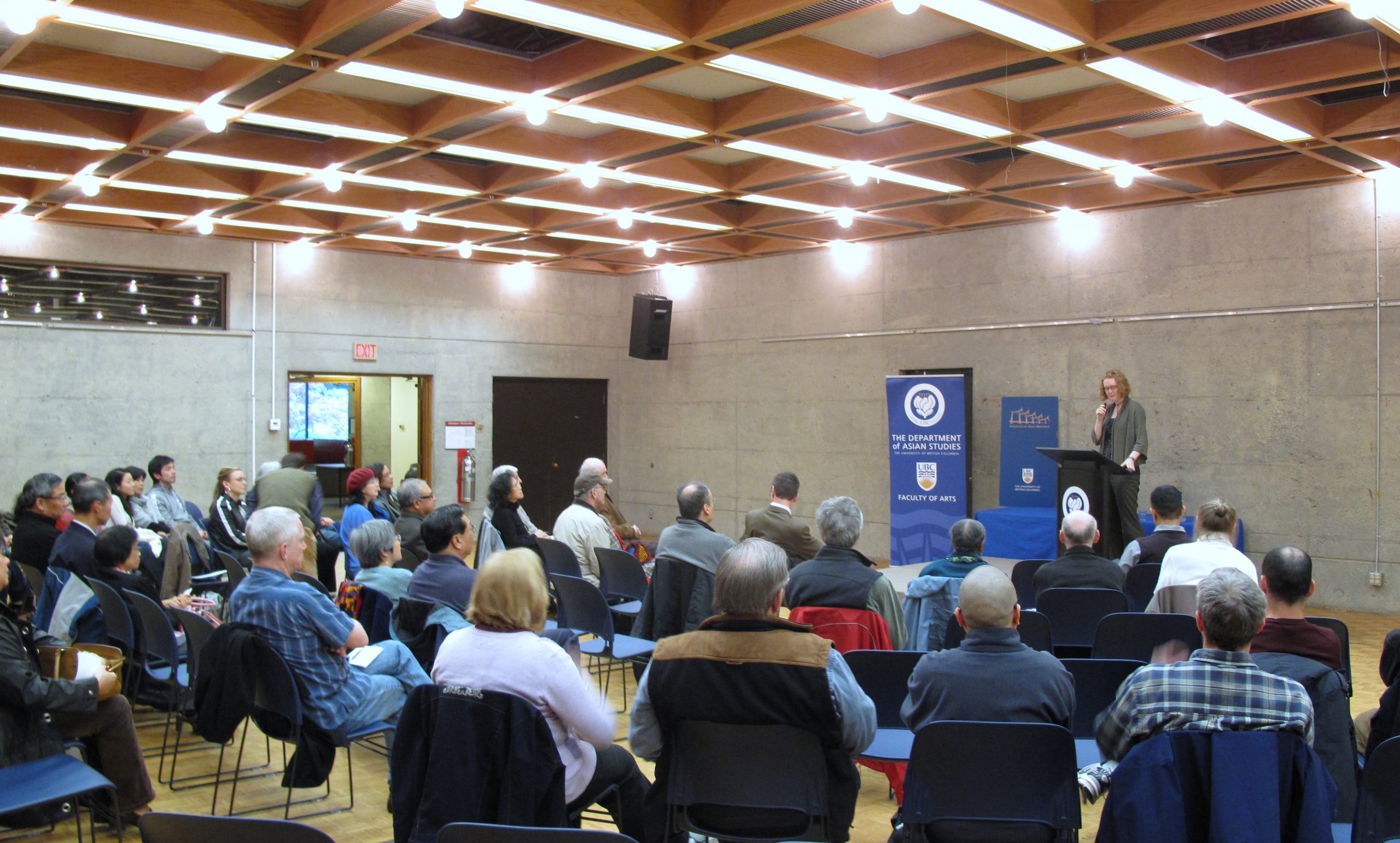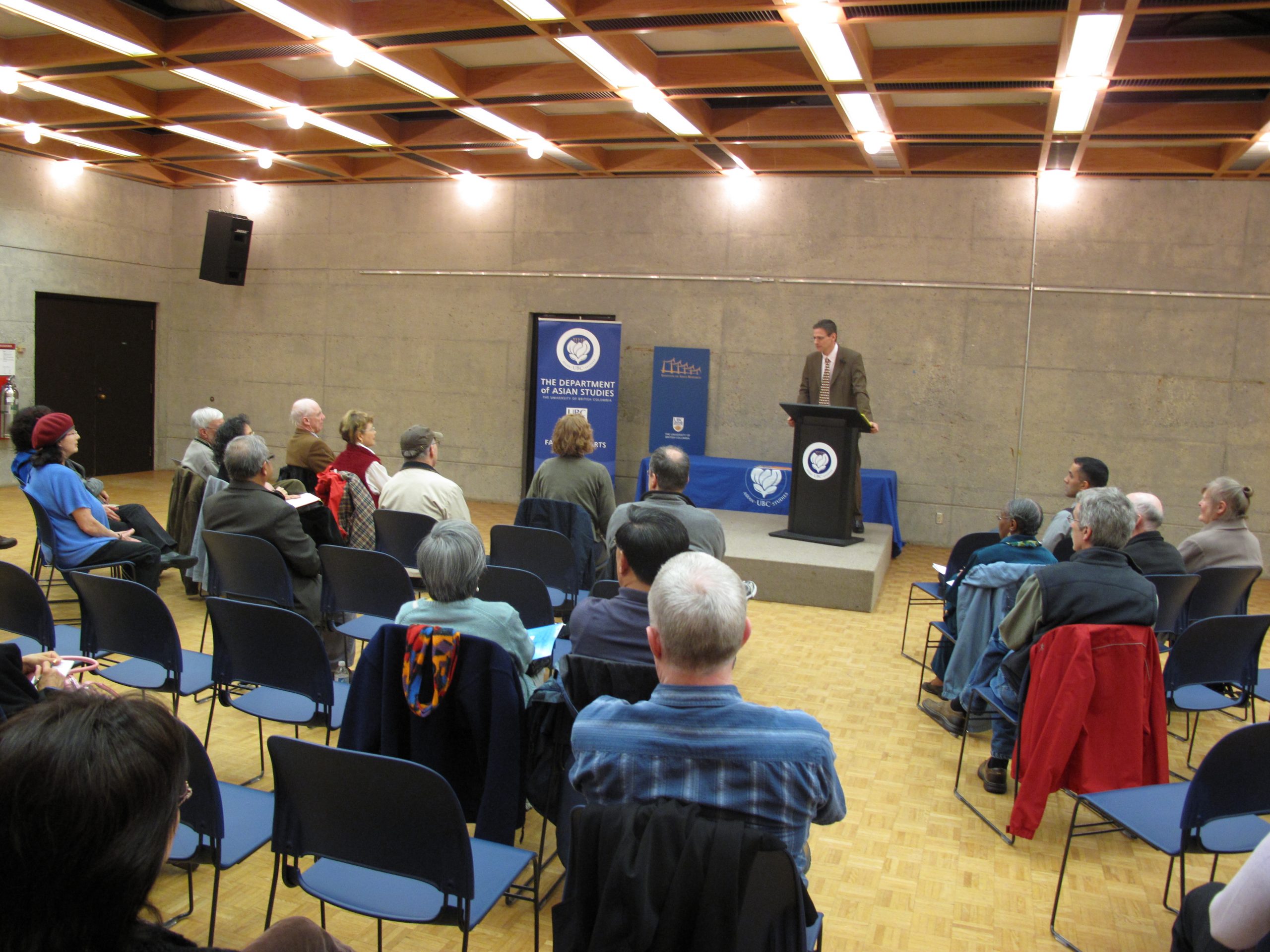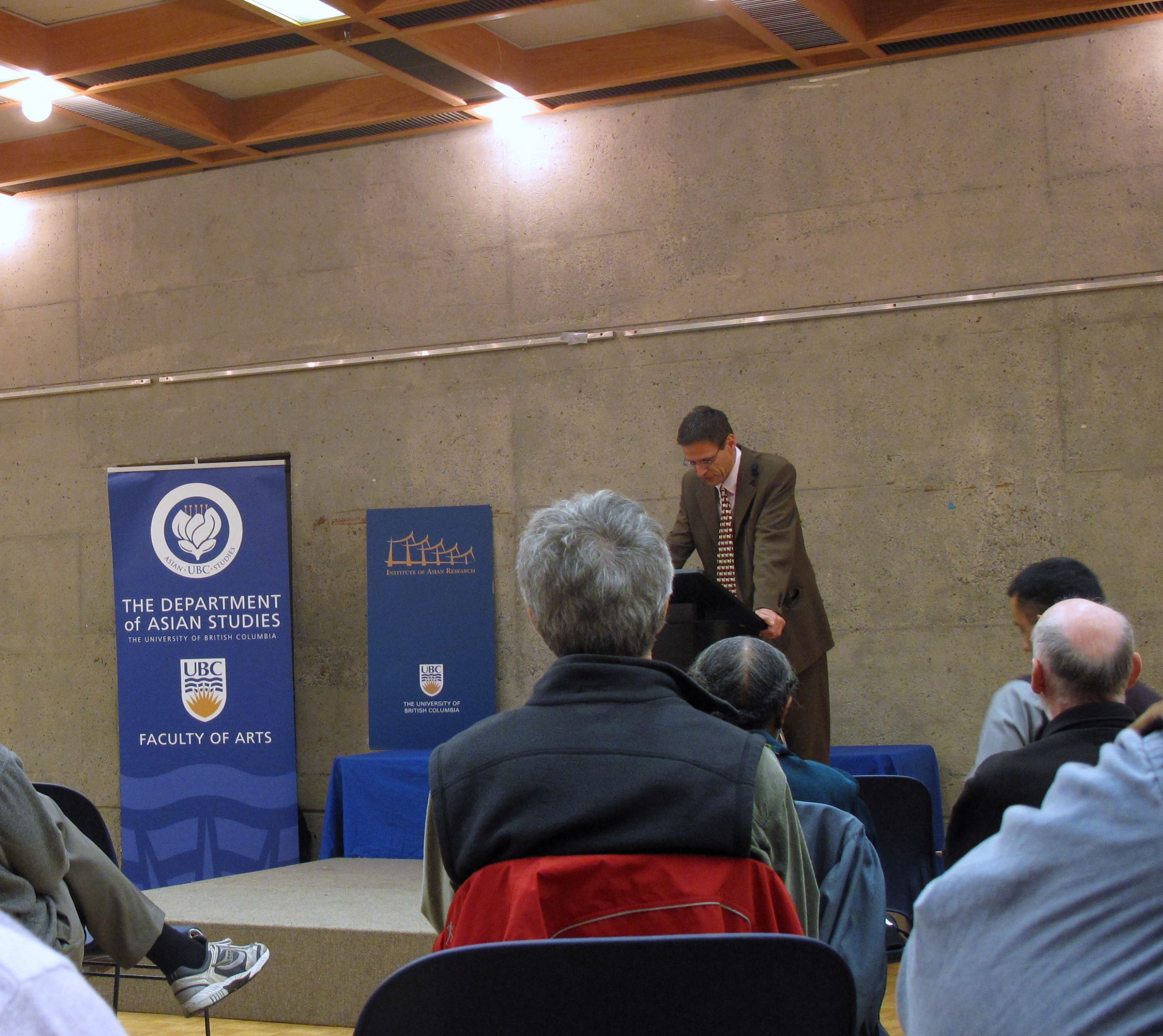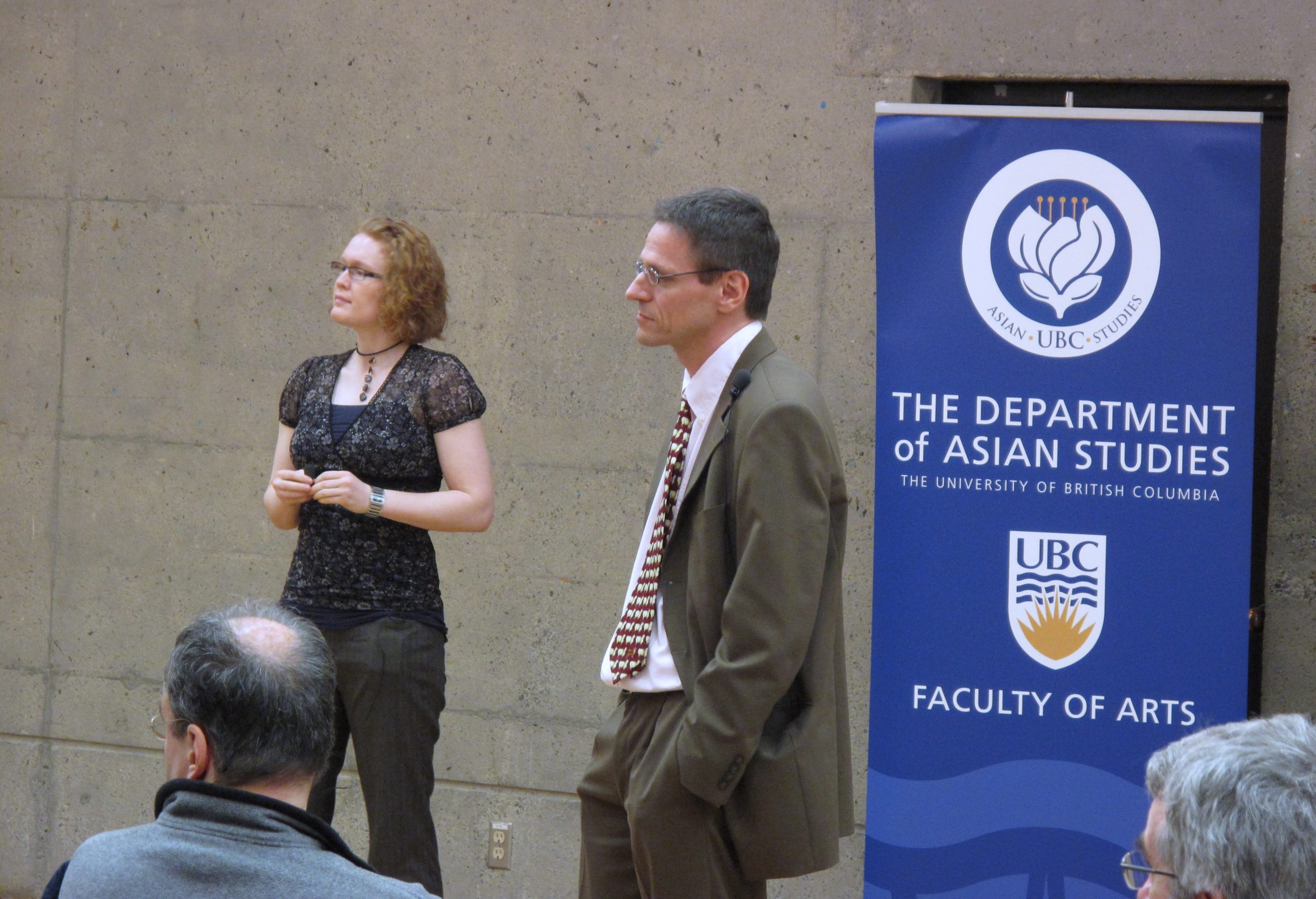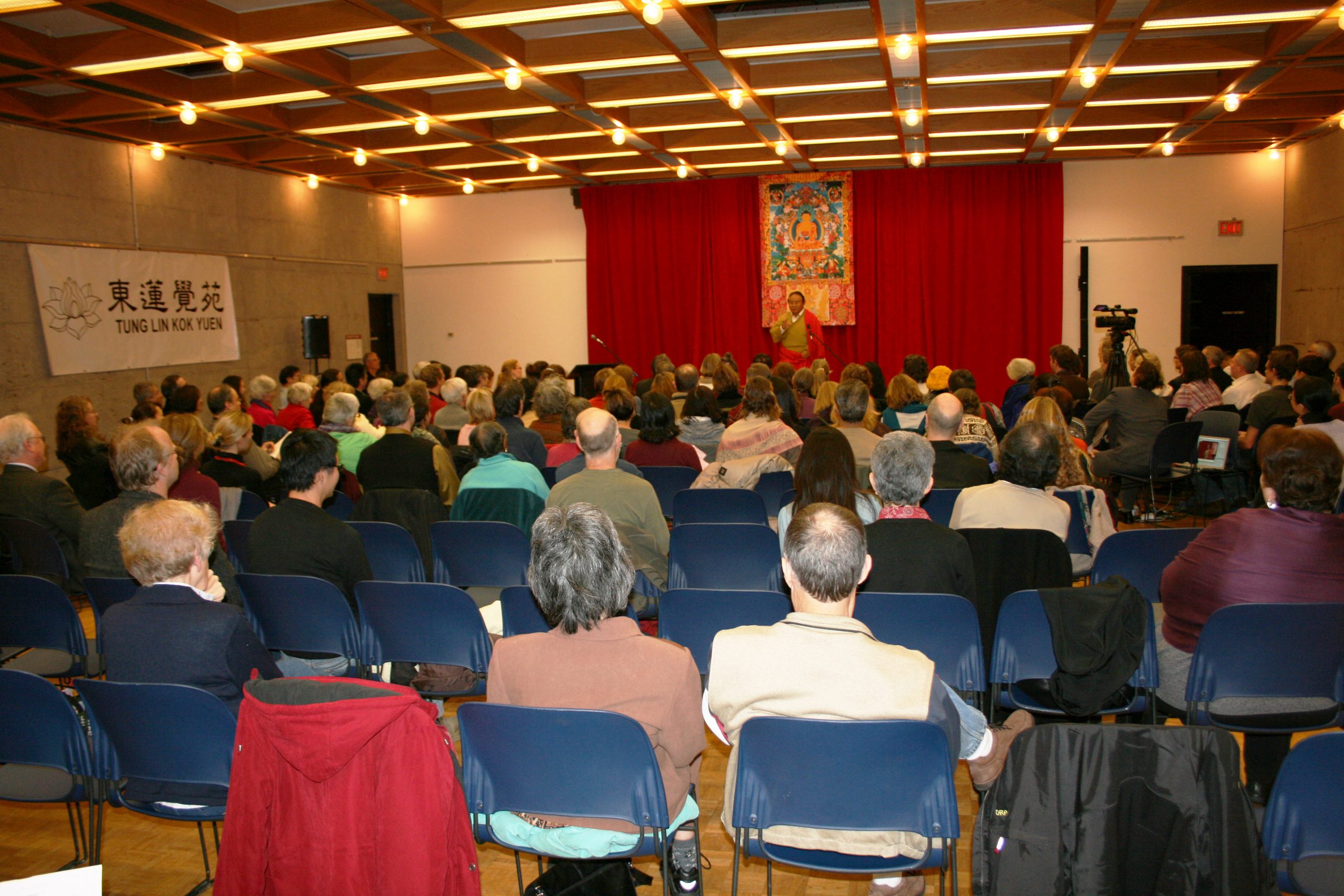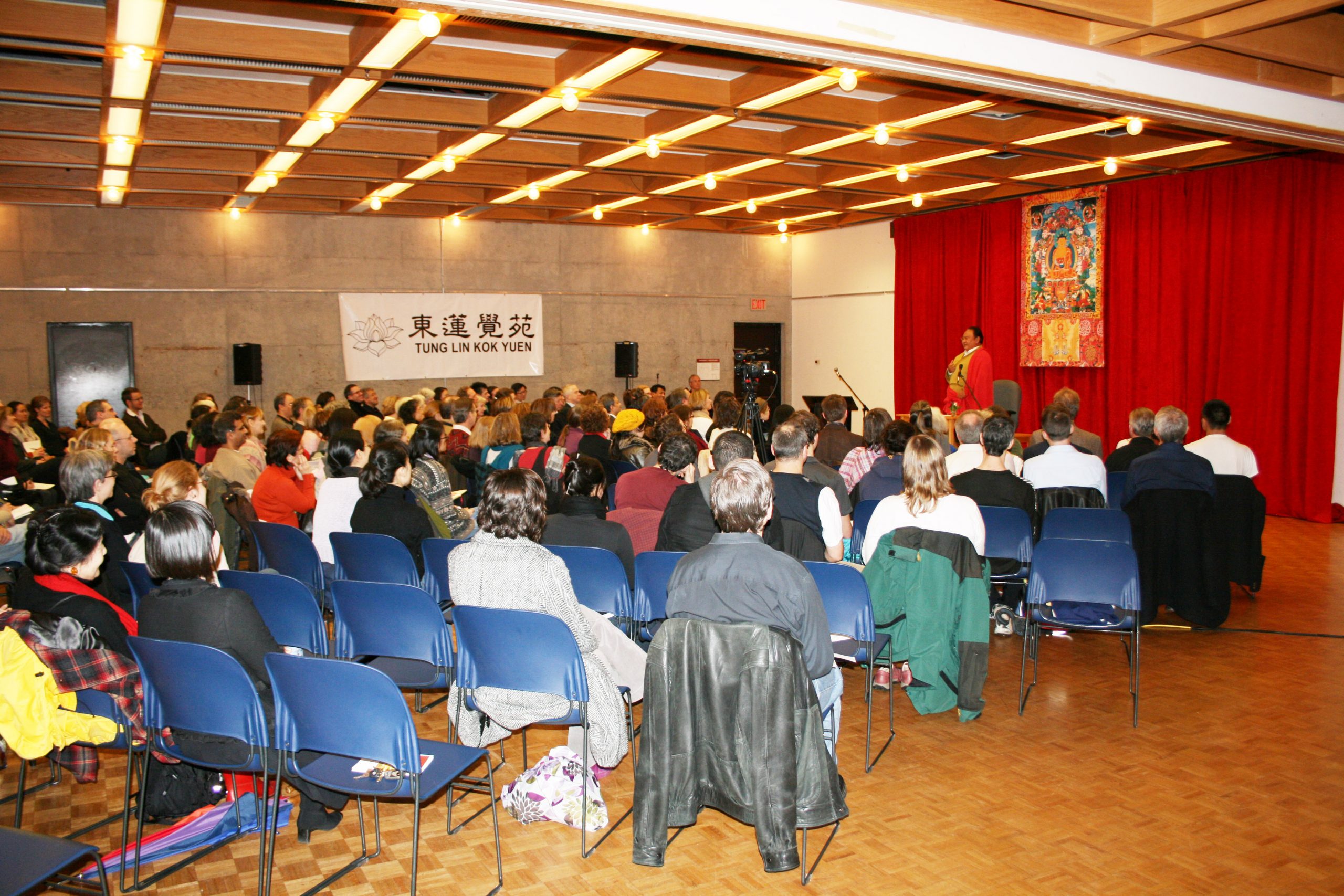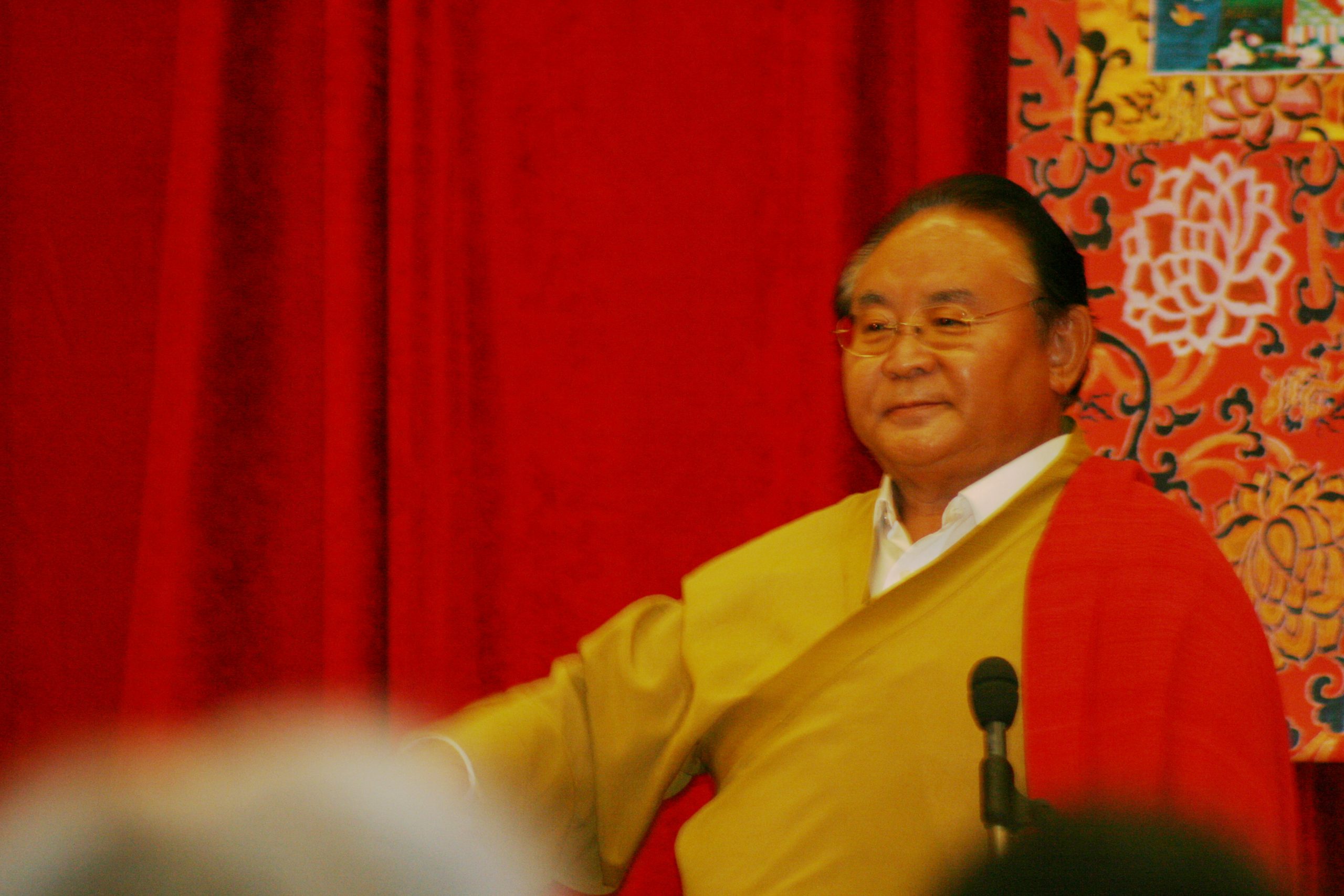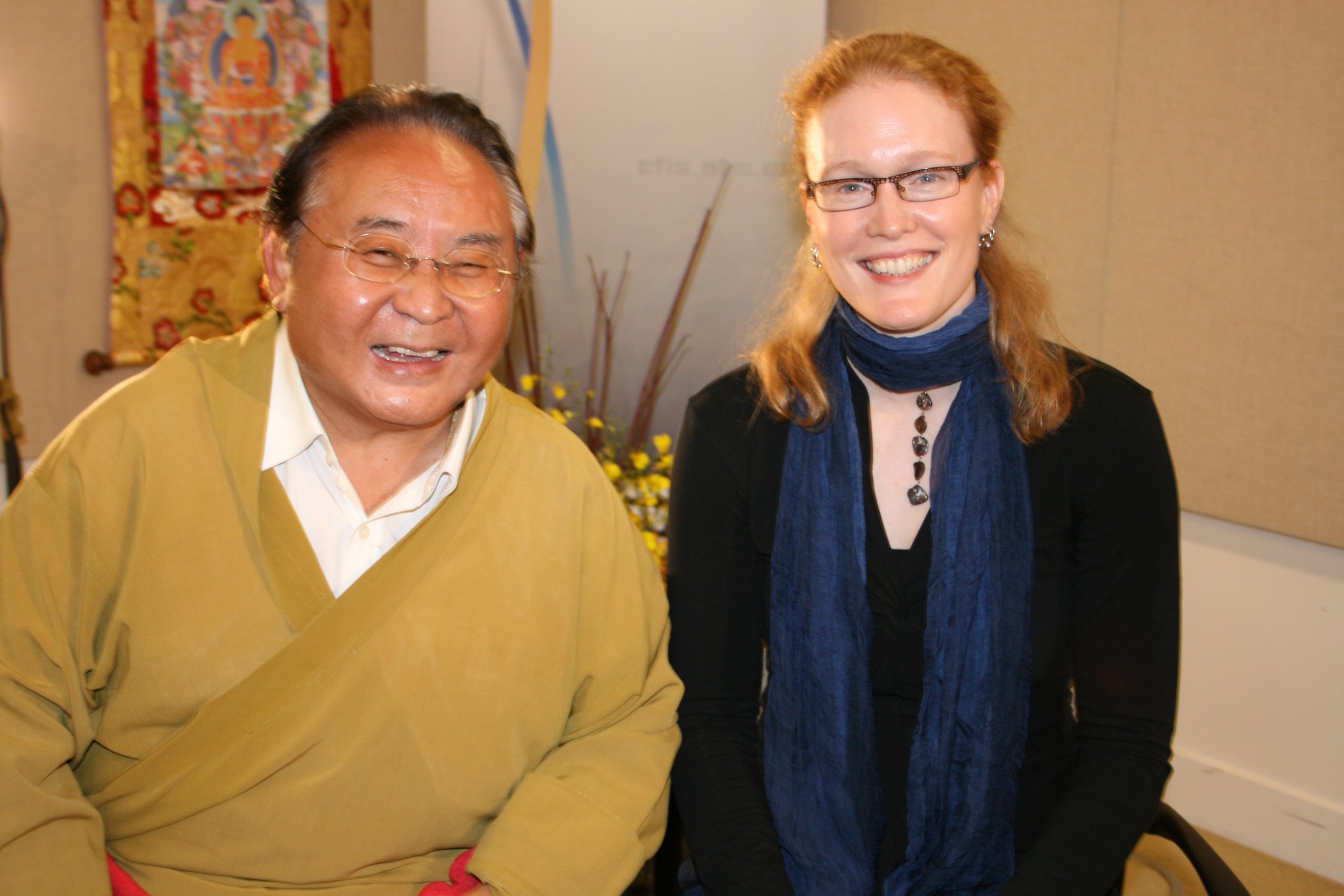by Jessica L. Main
For prospective students: At the University of British Columbia (UBC), Buddhism is studied using a variety of disciplinary approaches and in historical periods spanning the ancient to the contemporary. The centre of this constellation of teaching and research on Buddhism is the Department of Asian Studies where the main strength is in East Asian forms. I briefly introduce faculty who specialize in Buddhism, faculty whose teaching and research includes Buddhism, and end with overview of undergraduate and graduate courses available at UBC.
Faculty
Faculty specializing in Buddhism. There are two faculty positions at UBC in Buddhist Studies. The first is held by Jinhua Chen, the Canada Research Chair in East Asian Religions (Department of Asian Studies). Chen arrived at UBC in 2001 and specializes in the textual and historical study of early Chan and Esoteric Buddhism, especially its relation to the state and rulership. Although his research focuses mainly on early medieval China, he also examines the Japanese context.
The second faculty position is held by Jessica Main, the Tung Lin Kok Yuen Canada Foundation Chair in Buddhism and Contemporary Society (joint appointment, Department of Asian Studies and Institute of Asian Research). Main arrived at UBC in 2009 and researches Buddhist ethics and normative discourses surrounding individuals, groups, sects, and societies in the modern and contemporary period in Asia (stretching from the mid-19th century to the present day). Her primary focus is on Shin Buddhism in 20th century Japan. Jessica Main is the director of the Buddhism and Contemporary Society Program, and both the Program and the Chair were established in 2006 when The Tung Lin Kok Yuen Canada Foundation and its president, Robert H.N. Ho, presented UBC with a $4 million dollar gift. Like the Chair, the Program is shared between the Department of Asian Studies and the Institute of Asian Research.
The Buddhism and Contemporary Society Program sponsors undergraduate and graduate teaching about Buddhism at UBC, brings in a variety of visiting speakers as part of the TLKY lecture series, holds workshops and conferences on issues of contemporary relevance, and supports student research on the contemporary state of Buddhism in Asia and abroad. The Program has also supported visiting scholars. Ian Harris, a well-known scholar of modern Cambodian Buddhism, and Gustaaf Houtman, specialist in modern Burmese Buddhism and editor of Anthropology Today, were able to join the UBC community for a short time.
Nam-lin Hur, Department of Asian Studies, has studied Buddhism in early modern Japan and Korea extensively. One of his current research projects focuses on the relation of the periodic exhibition of icons and religious culture in early modern Japan.
Faculty whose research includes Buddhism. Additionally, many other faculty at UBC incorporate Buddhism into their research and teaching: Donald L. Baker (Asian Studies) covers Korean religious and cultural history, Timothy Brook (History) has worked on Buddhism in Early Modern and Modern China, Tsering Shakya (Canada Research Chair in Religion and Contemporary Society in Asia, Institute of Asian Research) examines religious policy in Asia and covers Tibetan Buddhism, Joy Dixon (History) has approached Western Buddhism through the lenses of sexuality, gender, and modernity, Francesca L. Harlow (Asian Studies) examines Buddhism as part of Indian history and historical geography, Hsingyuan Tsao (Art History), covers Buddhism as an aspect of Chinese art history, Katherine Hacker (Art History) examines history of art, ritual, and performance in South Asia, Tamaki Maeda (Art History) specializes in modern period transnational and transcultural arts in China and Japan and covers Buddhism as part of Chinese and Japanese art history, and lastly, Leo Shin (History) covers Buddhism as part of Chinese history.
Courses and Undergraduate Training
Most teaching on Buddhism is done through the Department of Asian Studies. Many undergraduate courses that focus on, or include, Buddhism, may be taken as part of an undergraduate major or minor in Asian Studies. The Department plans to increase the number of courses offered in Buddhism and Asian Religions in coming years. There will be additional courses covering, for example, Theravāda Buddhist narratives and Mahāyana Buddhist philosophy. Other departments such as History and Art History offer courses that cover topics in Buddhism. Here is a list of offerings from recent years:
Undergraduate courses that focus on Buddhism
- Introduction to Buddhism (Jessica Main, ASIA 250)
- Buddhism in China (Jinhua Chen, ASIA 382)
- Special Topics in Buddhist Studies (ASIA 450)
Undergraduate courses that include Buddhism
- Religions of the World (Linda Christensen, RELG 100)
- Cultural Foundations of East Asia (Nam-Lin Hur, ASIA 200)
- Cultural Foundations of South Asia (Francesca Harlow, ASIA 208)
- Cultural Foundations of Southeast Asia (Tineke Hellwig, ASIA 209)
- Aspects of Asian Art (Hsingyuan Tsao, ARTH 251)
- Aspects of Asian Architecture (Katherine Hacker, ARTH 253)
- Premodern Japan (Nam-lin Hur / Peter Nosco, ASIA 314)
- Early Modern Japan (Nam-lin Hur, ASIA 315)
- Premodern India (Francesca Harlow, ASIA 318)
- Historic India: Images, Temples, and the Construction of India Art History (Katherine Hacker, ARTH 352)
- Nepal and Tibet: Art, Ritual and Performance (Katherine Hacker, ARTH 353)
- The Making of Early China: From Archaeology to History (Hsingyuan Tsao, ARTH 358)
- The Rise of Literati Painting in China: 1100 – 1700 (Hsingyuan Tsao, ARTH 360)
- Narrative Painting in Japan, 7th-13th century (Tamaki Maeda, ARTH 366)
- Foundations of Chinese Thought (Edward Slingerland, ASIA 371)
- History of Korean Thought (Don Baker, ASIA 377)
- Philosophical Wisdom of Early India (Sanjay Kumar, ASIA 378)
- Common Religious Traditions in China (ASIA 383)
- Japanese Religions (Peter Nosco, ASIA 387)
- Buddhist, Brahamanical, and Jain Philosophers in Interaction (ASIA 388)
- Classical Hindu, Buddhist and Jain Myths and Legends in Translation (Adheesh Sathaye, ASIA 398)
- The Interaction of Science, Religion, and Philosophy in East Asia (Don Baker, ASIA 405)
- Seminar in the Art of India and Southeast Asia (Katherine Hacker, ARTH 455)
- Culture and Society in Late Imperial China (Leo Shin, HIST 479)
- Inventing Asian Religions in the West/East Encounter (Harjot Oberoi, ASIA 485)
Another interesting opportunity for study, Professor Jinhua Chen has helped organized a joint summer program in Buddhism: the “UBC-TCU-RUC Summer program in Buddhist Studies” (a cooperative venture between The University of British Columbia, Tzu-Chi University (慈濟大學), and Renmin University of China in Beijing (中國人民大學)). This program offers a rare chance to work with scholars of Buddhism from all over the world. Hopefully, it will continue into the future.
Courses and Graduate Training
Asian Studies offers Master of Arts and Ph.D. degrees that include “Korean, East Asian Buddhism, South East Asian and South Asian culture, including literature, linguistics, pre-modern history, religion and philosophy” (See the department website www.asia.ubc.ca). Advanced language training in Sanskrit, Hindi, Urdu, Punjabi, Indonesian, Chinese, Korean, and Japanese is available, as well as courses on source materials and research methods in Classical Chinese Studies, Japanese Studies, and Korean Studies. Graduate courses that have dealt with Buddhism in recent years include:
- Monastic Hagio-Biographical Writings in Medieval East Asia (Jinhua Chen, ASIA 510)
Buddhist and Taoist texts in Chinese; Reading and Research Methods (Jinhua Chen, ASIA 511)
- Topics in the Social History of Japanese Religions (Nam-lin Hur, ASIA 525)
- Problems of Modernization in Eastern and Southern Asia (Don Baker, ASIA 561)
- New Religious Movements of East Asia (Don Baker, ASIA 577)
For coverage of Buddhism, religion, and modern Asia see also the following courses in the nearby Institute of Asian Research:
- Buddhism, Violence, and the State in Modern and Contemporary Asia (Jessica Main, IAR 515B)
- Religion and Public Policy (Tsering Shakya, IAR 515B)
For students interested in contemporary Buddhism in Asia and policy studies, it is possible to take a one-year Master’s degree (Master’s of Asia Pacific Policy Studies) with this focus. This degree is well-suited to students interested in public sector or NGO work after graduation.
Many units at UBC support interdisciplinary graduate degrees and co-supervising with other units. Students interested in such programs are considered on a case-by-case basis. Students apply through a single, primary department, and identify potential co-supervisors in other departments.

